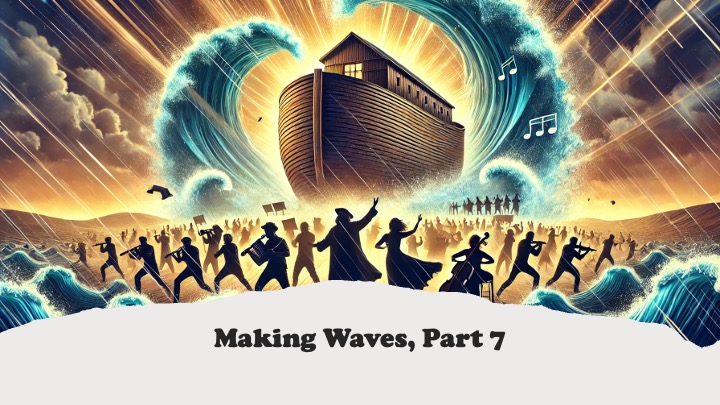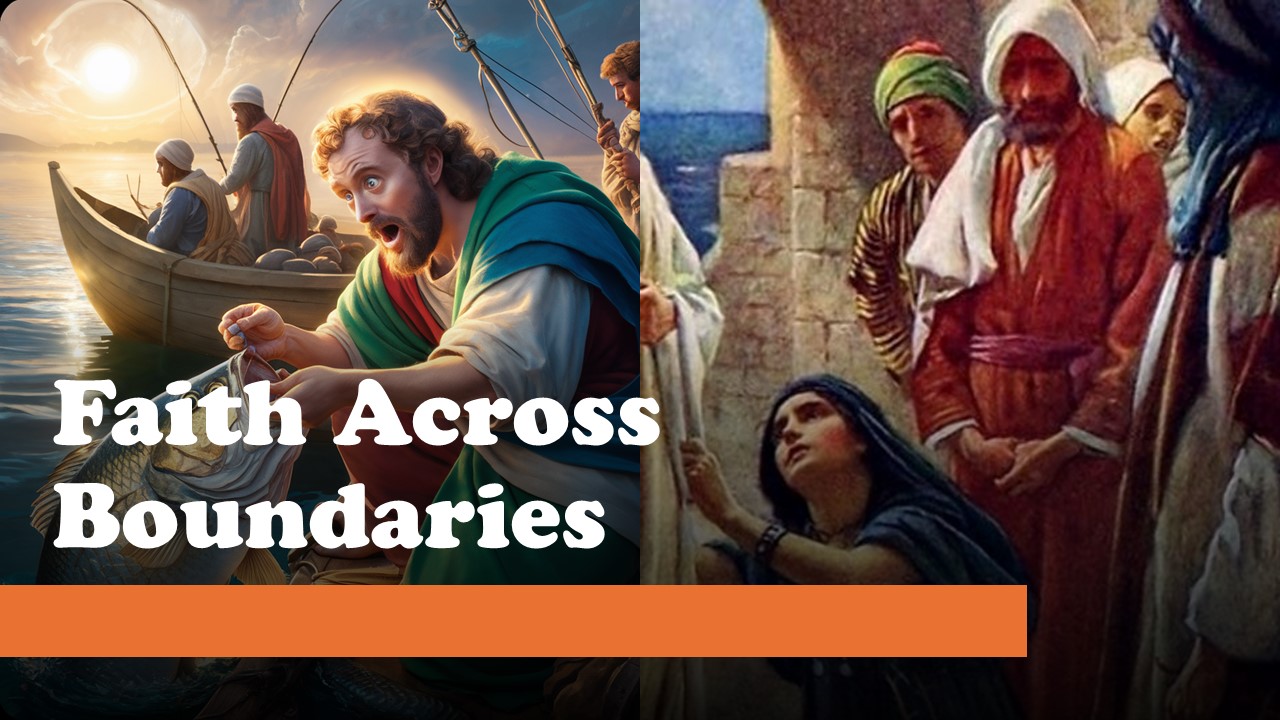Part 13 of The Disciple Whom Jesus Loves brings us to one of the most stirring miracles in the Gospel: the raising of Lazarus. After hearing that his dear friend is gravely ill, Jesus remains two days beyond the Jordan, telling his disciples that the sickness will lead to God’s glory. Meanwhile, Martha and Mary watch their brother die, clinging to the hope that Jesus will arrive in time. When he finally comes, both sisters confront him with deep grief—“If you had been here…”—but Jesus responds with the bold declaration, “I am the resurrection and the life.” Their lament becomes a duet of pain and fragile trust, revealing the tension between heartbreak and hope.
As mourners gather around the tomb, Jesus weeps—a moment that stuns even the disciples—and then commands the stone to be rolled away. With a loud cry, he calls Lazarus to life, and to everyone’s astonishment, the dead man emerges, wrapped in grave clothes. The musical number “Unbind Him” turns this miracle into a powerful anthem of freedom, as Mary, Martha, and Lazarus proclaim the triumph of life over death. The moment sends shockwaves through the community. While many believe, others report Jesus to the religious leaders, igniting a deadly plot. Caiaphas, driven by fear of Roman retaliation, declares that one man must die for the people.
The episode closes with another poignant act of devotion. At a dinner in Bethany, Mary anoints Jesus with costly perfume in preparation for his burial. Judas criticizes the gesture, but Jesus defends her, stating that her act of love will be remembered wherever the gospel is preached. The haunting melody “Love and Honor” underscores the gravity of the moment: Jesus is walking knowingly toward his death, and those who love him are beginning to realize just how high the cost will be. The shadow of the cross grows longer, even as the fragrance of Mary’s offering fills the room.

The epistle to the Ephesians, likely written while Paul is imprisoned in Rome, is perhaps the most formal of the apostle’s letters. While Paul...

Today’s episode is Part 7 and the finale of “Making Waves,” a special musical theater edition of 1010 Thrive. After more than a year...

The Gospel of Matthew paints a vivid picture of Jesus' ministry, revealing His compassion for the marginalized and His power to meet diverse needs....